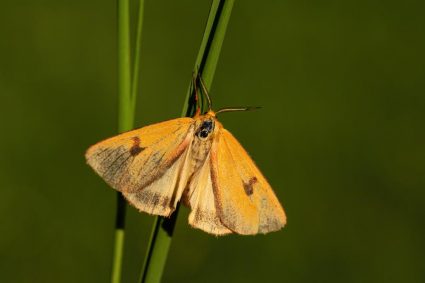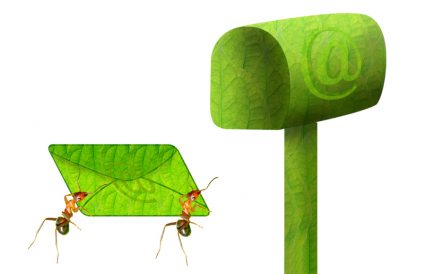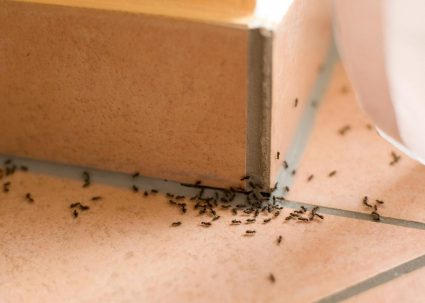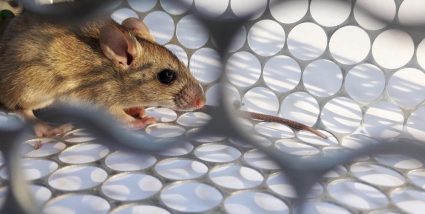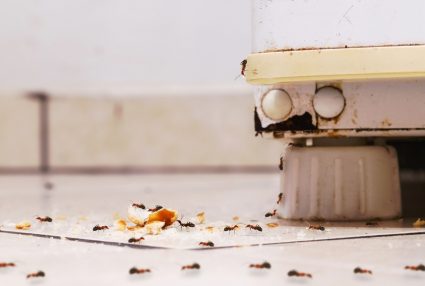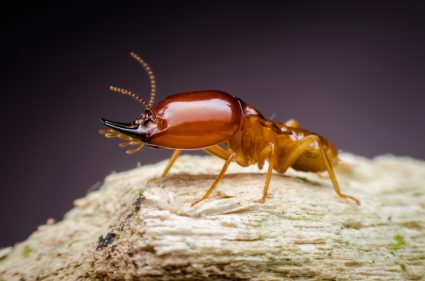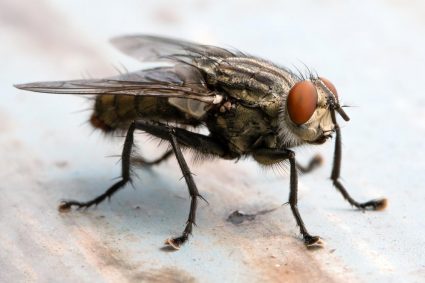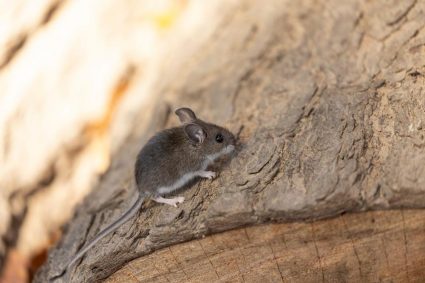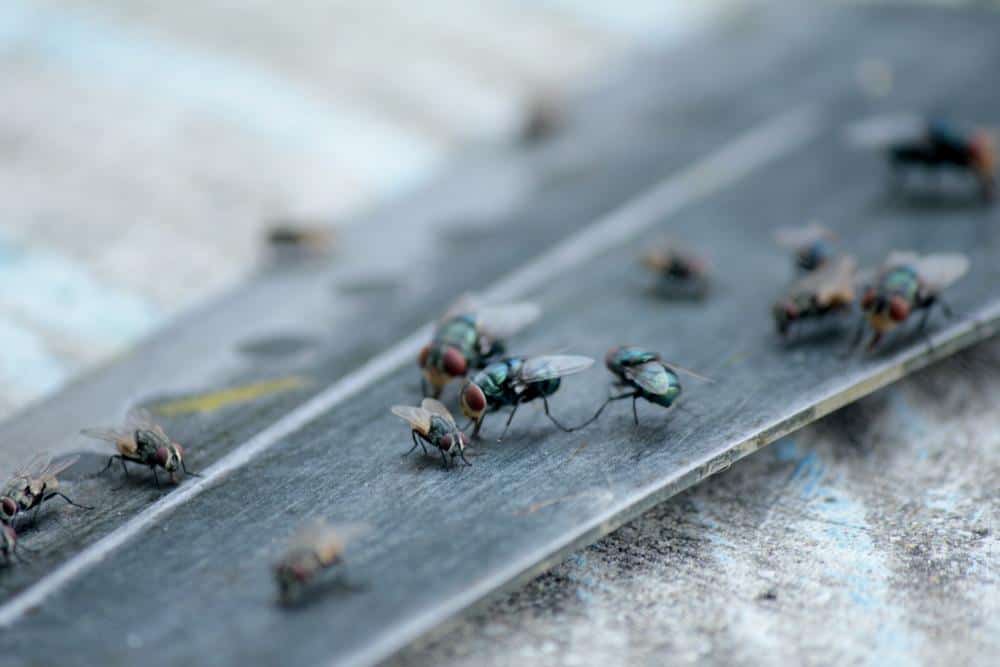
Fruit flies are a common household nuisance, especially during warm weather or if you keep a lot of fruit around. They can infest your house in a matter of days and become a significant annoyance. But how do fruit flies get into your house? Let’s delve into the details, bust some misconceptions, and offer some effective solutions to this pesky problem.
Fruit flies can enter your home through open doors or windows, small cracks in walls or loose seals around doors or windows. They can also hitch a ride on fruits or vegetables brought in from the grocery store or farmer’s market, where adult fruit flies may have laid eggs. These eggs can hatch and develop into adult fruit flies within your home, leading to an infestation. Warm temperatures and the presence of ripe, fermenting fruits or vegetables or moist environments can also attract fruit flies.
What Are Fruit Flies?
Fruit flies, scientifically known as Drosophila, are tiny flies that feed on fruit or decaying vegetable matter. They’re common in homes, restaurants, supermarkets, and anywhere else food is allowed to rot and ferment. They’re especially attracted to ripened fruits and vegetables in the kitchen, but they also breed in drains, garbage disposals, empty bottles and cans, trash containers, mops, and cleaning rags.
How Do Fruit Flies Enter Your Home?
Fruit flies can enter your home in several ways. They can fly in through open doors or windows or find their way in through small cracks in walls or loose seals around doors or windows. They are also small enough to squeeze through tiny wall or door cracks.
Another common way fruit flies enter homes is by hitching a ride on fruits or vegetables brought in from the grocery store or farmer’s market. Fruit fly eggs are extremely tiny, and adult fruit flies often lay them inside fruits or vegetables. These eggs can hatch and develop into adult fruit flies within your home, leading to an infestation.
Conditions That Attract Fruit Flies
Certain conditions in your home can make it more attractive to fruit flies. These include:
- Presence of ripe, fermenting fruits and vegetables
- Food waste and moist environments
- Cracks in walls and loose seals
- Warm temperatures
Preventing a fruit fly infestation involves regular cleaning and proper food storage. It’s important to throw away garbage and take out recycling frequently, clean out the bottom of bins when liquid accumulates, wipe down counters after cooking, and keep the sink and garbage disposal free of old food and as dry as possible. Storing fruits and vegetables in the fridge instead of on the counter can also help prevent fruit flies from finding them.
Signs of a Fruit Fly Infestation
The most common signs of a fruit fly infestation include seeing adult fruit flies, swarming behavior, larvae or pupae, and infested fruits and vegetables. Fruit flies lay their eggs on ripe, decaying, or fermenting fruits and vegetables, so you might notice tiny larvae or eggs on the surface of such produce.
Impact on Health and Sanitation
While fruit flies themselves do not pose a direct health risk, their potential to carry and spread bacteria can lead to foodborne illnesses. Their presence can also indicate poor sanitation practices, which can further contribute to health risks. Therefore, maintaining cleanliness and promptly addressing any fruit fly infestations is crucial for maintaining a healthy and sanitary household.
Prevention and Remedies
Preventing fruit flies from entering your home involves removing sources of attraction. This can be achieved by sealing your produce in airtight containers, storing it in the refrigerator, and removing any overripe produce. Regularly cleaning drains and garbage disposals, and disposing of trash can also help.
For those already dealing with an infestation, there are several home remedies and professional solutions available. These range from DIY traps using apple cider vinegar and dish soap to professional products like Outbreak Defender or Fruit Fly Bar Pro.
Common Misconceptions
One of the common misconceptions about fruit flies is that they are only attracted to fruit. In reality, they are attracted to anything sweet or fermenting, including overripe fruits and vegetables, spilled soda or alcohol, garbage cans, and drains.
Another misconception is that flies spread disease. While some flies can carry germs on their bodies, there is no evidence of them transmitting diseases. In comparison, mosquitoes are known vectors of harmful parasites like malaria.
In conclusion, fruit flies can enter your home in a variety of ways and become a significant nuisance if not dealt with promptly. Regular cleaning, proper food storage, and timely disposal of garbage can help prevent an infestation. If you’re already dealing with fruit flies, a range of home remedies and professional solutions can help you get rid of them.
Frequently Asked Questions
How long does it take for fruit fly eggs to hatch?
Fruit fly eggs typically hatch into larvae within 24 to 30 hours after being laid.
Can fruit flies breed in other areas beyond the kitchen?
Yes, fruit flies can breed in any moist area where fermentable material is present. This includes bathrooms, garbage cans, and even mop buckets.
Can fruit flies survive in cold weather?
Fruit flies prefer warm, humid conditions and their activity significantly decreases in cold weather. However, they can survive in colder conditions if they find their way indoors.
Are there any specific fruits or vegetables that attract fruit flies more?
Fruit flies are attracted to all types of ripe, fermenting fruits and vegetables. However, they seem to have a particular fondness for bananas, tomatoes, melons, squashes, and peaches.
What is the lifespan of a fruit fly?
The average lifespan of a fruit fly is about 40 to 50 days, though this can vary depending on environmental conditions.
How can I make a DIY fruit fly trap?
A simple DIY fruit fly trap can be made using a jar, a piece of fruit, and a paper cone. Place the fruit in the jar, then insert the paper cone with the narrow end pointing down. Fruit flies will be attracted to the fruit and enter the jar, but they won’t be able to fly back out.
Are there any natural predators to fruit flies?
Yes, several insects prey on fruit flies, including spiders, centipedes, and certain types of beetles.

